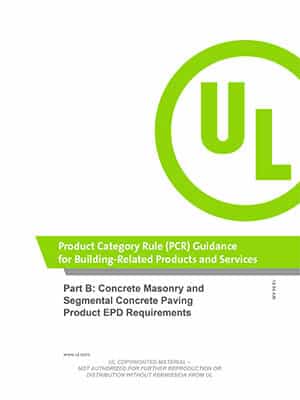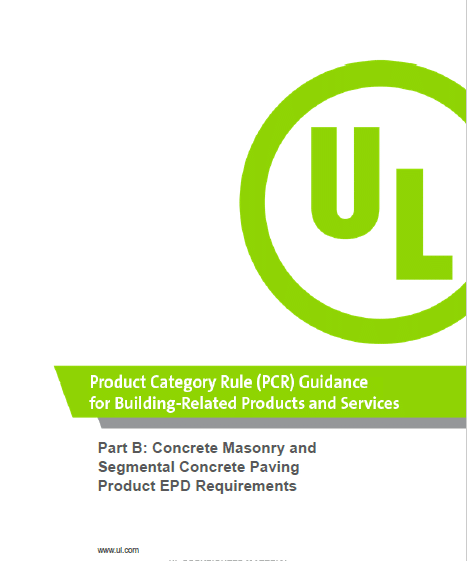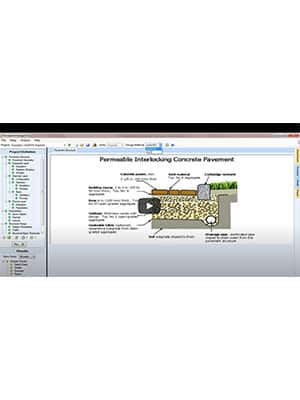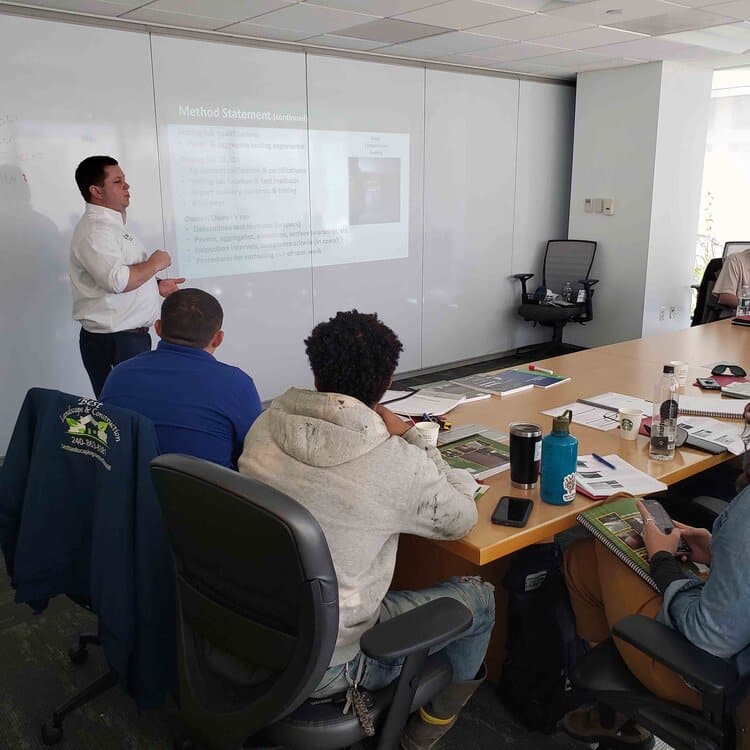ICPI and NCMA Update Product Category Rules
UL Environmental (ULE) recently issued Product Category Rules (PCRs) that address creation of environmental product declarations (EPDs) that emerge from environmental life cycle assessments or LCAs. EPDs are becoming increasingly requested by government agencies and design professionals as a means to assess environmental impacts associated with building and paving products. Entitled Concrete Masonry and Segmental Concrete Paving Product EPD Requirements, this document updates a 2015 version previously issued by ASTM that expired earlier this year. The ULE PCR applies to all commercially available concrete masonry units, segmental retaining wall units, articulating concrete block, interlocking concrete pavers, segmental concrete paving slabs, and concrete grid paving units manufactured in conformance to applicable ASTM and CSA product standards. Led by Anna Lasso, Senior Product Manager with ULE, a PCR template conforming to ISO standards was edited by representatives from Jandris Block, Anchor Block Company, Taylor Concrete Products, Big River Industries an Oldcastle Company, Nicolock, Brampton Brick, and the Canada Masonry Design Centre as well as staff from the National Concrete Masonry Association and the Interlocking Concrete Pavement Institute. The document also received independent review and is available at no charge from ULE here.








